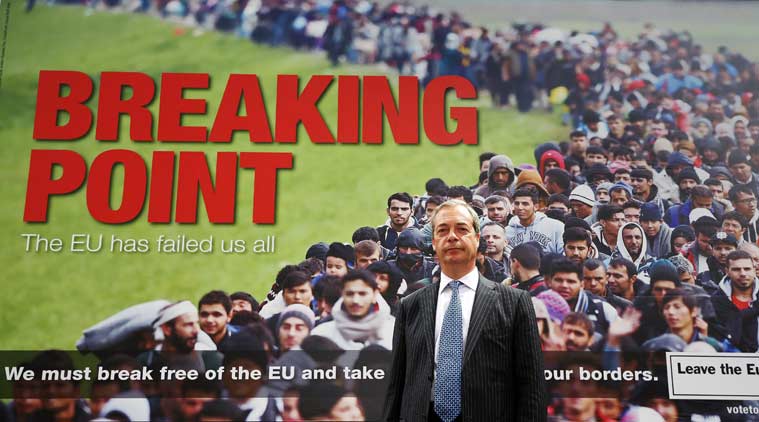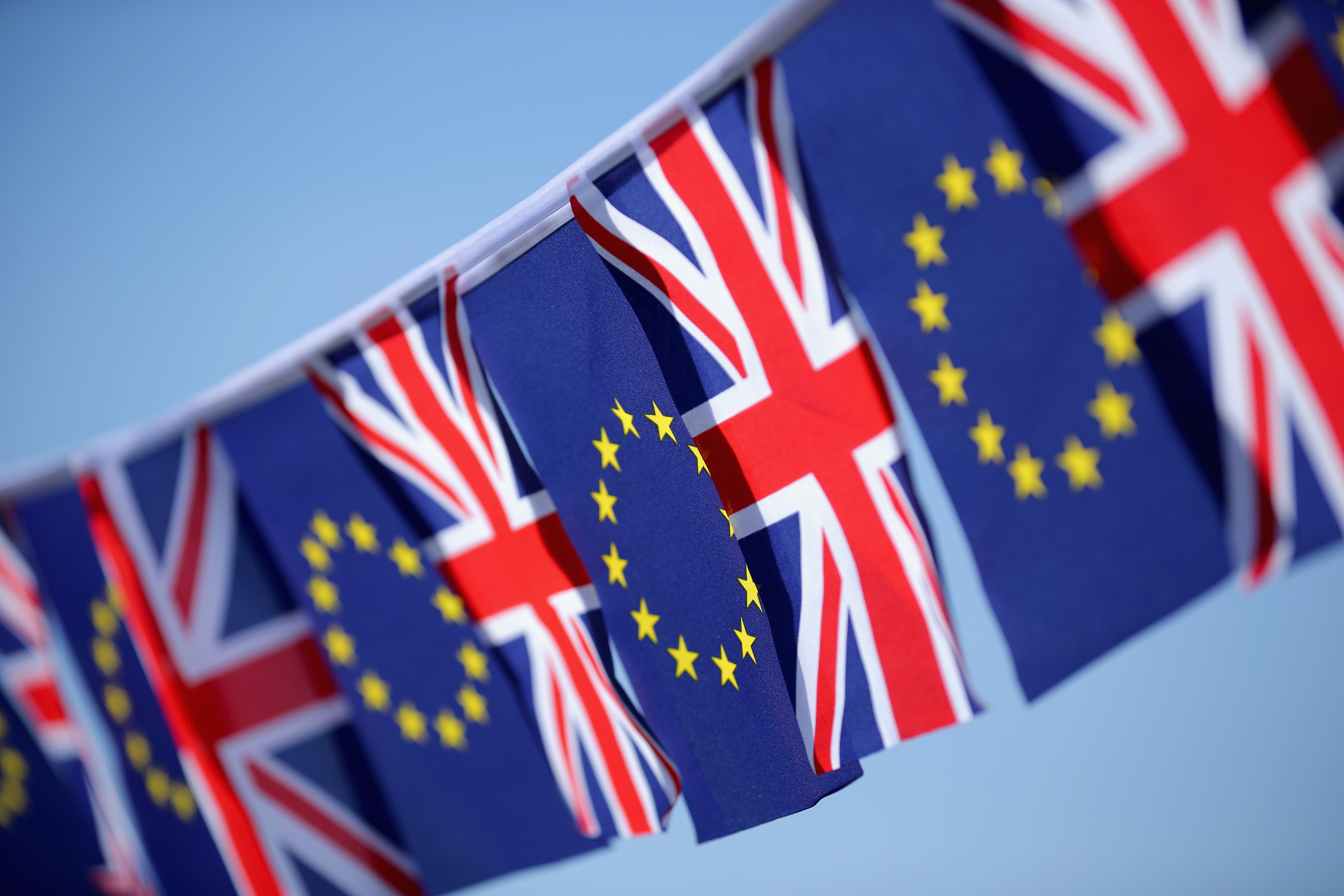In headlines across lands so expansive that the sun never sets upon them, the United Kingdom chose to leave the European Union in a national referendum on June 23, 2016.
For those of you who, like numerous British citizens, are wondering what exactly this means or why everybody of every nationality seems to have such a strong opinion on this, here is a brief outline of the events leading up to this result and its implications:
- Conservative Prime Minister Edward Heath led the U.K. into the European Union, then known as the European Economic Community, in 1973
- In a 1975 referendum, U.K. citizens overwhelmingly approved of their membership in the E.U. by a margin of two to one
- Current Conservative Prime Minister David Cameron promised a national referendum on E.U. membership in order to satisfy concerns within his own party
- Also strongly supporting the U.K. leaving the E.U. was the far-right UK Independence Party (UKIP), led by Nigel Farage

- UKIP and the Leave movement capitalized on anti-immigration sentiment to bolster support since people were dissatisfied with the amount of border security allowed by the E.U.’s border policy
- Labour Party M.P. Jo Cox was murdered June 16, 2016 by a nationalist supporting the U.K. leaving the E.U.
- The referendum occurred on June 22, 2016 and votes were counted in the early morning of June 23rd
- Although exit polls and political experts widely predicted that the U.K. would chose to remain in the E.U., Leave narrowly edged Remain out, 51.9% to 48.1%
- The U.K. won’t actually be able to leave until about two years after they invoke Article 50 of the Treaty on European Union

- Prime Minister David Cameron, who himself supported remaining in the E.U., announced plans to resign from the Prime Minister’s post — in October, giving him sufficient time to oversee plans to withdraw from the E.U.
- This means the majority Conservative Party must elect another leader to replace Cameron; however, they might choose to initiate a general election to give them a better majority and a less contested leader
- Speaking of party leadership, Labour’s Jeremy Corbyn lost a vote of no confidence and his cabinet members in what might build up to a party coup after his own lackluster contributions to the Remain campaign
- Remainers have started and signed a petition to have an additional referendum contesting the original’s result — and it now has more than 4 million signatures
- The vote has left the U.K. divided — and not just on social media

- The vote is divided among demographics, from the rich and poor, to the more educated and less educated, the young and the old, with the former overwhelmingly supporting Remain while the latter supported Leave
- Scotland and Northern Ireland by and large supported the Remain campaign and with growing independence and nationalist parties and Scotland only narrowly choosing to remain in the U.K. in a referendum last year, it’s likely that tensions will grow between them and the U.K
- Reports of xenophobic behavior have increased since news of the Leave campaign’s victory broke
- Although the pound has dropped to a two-year low, the direct market effects remain unclear as news continues to develop
- The E.U. responded that if the U.K. wishes to still access the single market economy, it must also allow free movement of people from the E.U. territories
- Boris Johnson of the Conservative Party and a figurehead of the Leave movement announced he was not interested in seeking the premiership
- Nigel Farage just resigned as head of UKIP, effectively expanding the vacuum of leadership that has been created post-referendum
Although exit polls, political experts, and a tendency to believe in the status quo all suggested that the U.K. would choose to remain in the E.U. and Farage began countdown night with what was essentially a concession speech, the U.K. ultimately chose to leave the E.U. in what is now a historical moment. Here’s why this is not as surprising as we might think, if we focus solely on the uncomfortable but undeniable racist and xenophobic component of the Leave campaign and victory.

UKIP, PEGIDA, and far-right nationalist, often xenophobic movements have been gaining ground in Europe this past decade. It’s no surprise that, at a time when Donald Trump is a major party nominee despite calling Mexicans “rapists” and proposing to ban Muslims from the U.S., that a campaign partially based on xenophobia and nationalism could manage to steal a majority in a Western nation.
Perhaps many of us predicted it would be France, with its laïcité policies that are controversial for providing loopholes for religious intolerance under the guise of secularism. Germany, with the backlash against Angela Merkel’s liberal policies, increasing PEGIDA support, and violence attributed to large droves of refugees was also widely considered to fall first. Yet in what should be an unsurprising turn, the first domino in what will likely be a whole host of nations either trying to or actually leaving the E.U. is the U.K.
The U.K. is a nation that considers leaving what is essentially a glorified trade union cause for celebrating “independence” while forgetting it’s a former empire that was last forced to relinquish a colony on the other side of the world less than twenty years ago. Sensitivity and tolerance towards people of color, refugees, and non-Christians is not something one should take for granted.
Featured image source: Christopher Furlong/Getty Images






One Comment